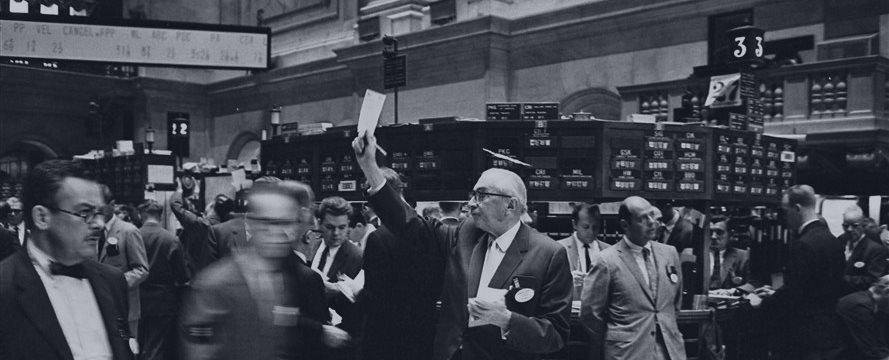
Shocking: Odds of December rate hike jump to 74% as economists react to jobs report
The stronger than expected job growth in the U.S. in October and the rise in average hourly earnings have driven the chance that the Federal Reserve raises rates this year to 74 percent.
Below is what analysts think on the statement:
Paul Ashworth, chief U.S. economist at Capital Economics, said:
"Unquestionably, that will be enough to convince Fed Chair Janet Yellen and Vice Chair Stanley Fischer to vote for a rate hike at the next FOMC meeting in mid-December."
"Other voting members, particularly Fed Governor Lael Brainard, remain skeptical that the improvement in the labor market will necessarily lead to higher wage growth and price inflation. But October's report also provides some evidence that the demise of the Phillips curve might have been exaggerated."
Alan Ruskin from Deutsche Bank, said, the data does not requite over-thinking.
"This is good news for Janet Yellen, since it is the kind of data that makes the decision easy and will not challenge her credibility when she pulls the trigger... The dollar-positive implications are similarly obvious."
"The less obvious trades surround equities, because this data raises questions on just how gradual the Fed tightening cycle will be. Certainly it is inconsistent with 'the one and done' thinking on the Fed. The data instead fits with the slogan: 'there is no such thing as a dovish Fed rate hike'."
Ian Shepherdson, chief economist at Pantheon Macroeconomics, said:
"The Fed's hawks will now argue that they have hard evidence in the most widely-watched (but least reliable, not that it matters right now) data that the tightness of the labor market is pushing wage gains higher. Barring a disaster in November, rates are going to rise in December."
Analysts at Brown Brothers Harriman, said that it leaves no doubt about the
December meeting being on the table despite the year-end considerations that
some had seen restraining the Fed. The motif of divergence was live this week, and the fresh U.S. data maintains it central to the investment environment, they said.
"A dovish Draghi, coupled with unexpected declines in German factory orders and industrial output, keeps open the possibility that the Federal Reserve and ECB move in opposite directions next month. The Bank of England was also more dovish than expected, making sterling one of the weakest currencies in recent days."


